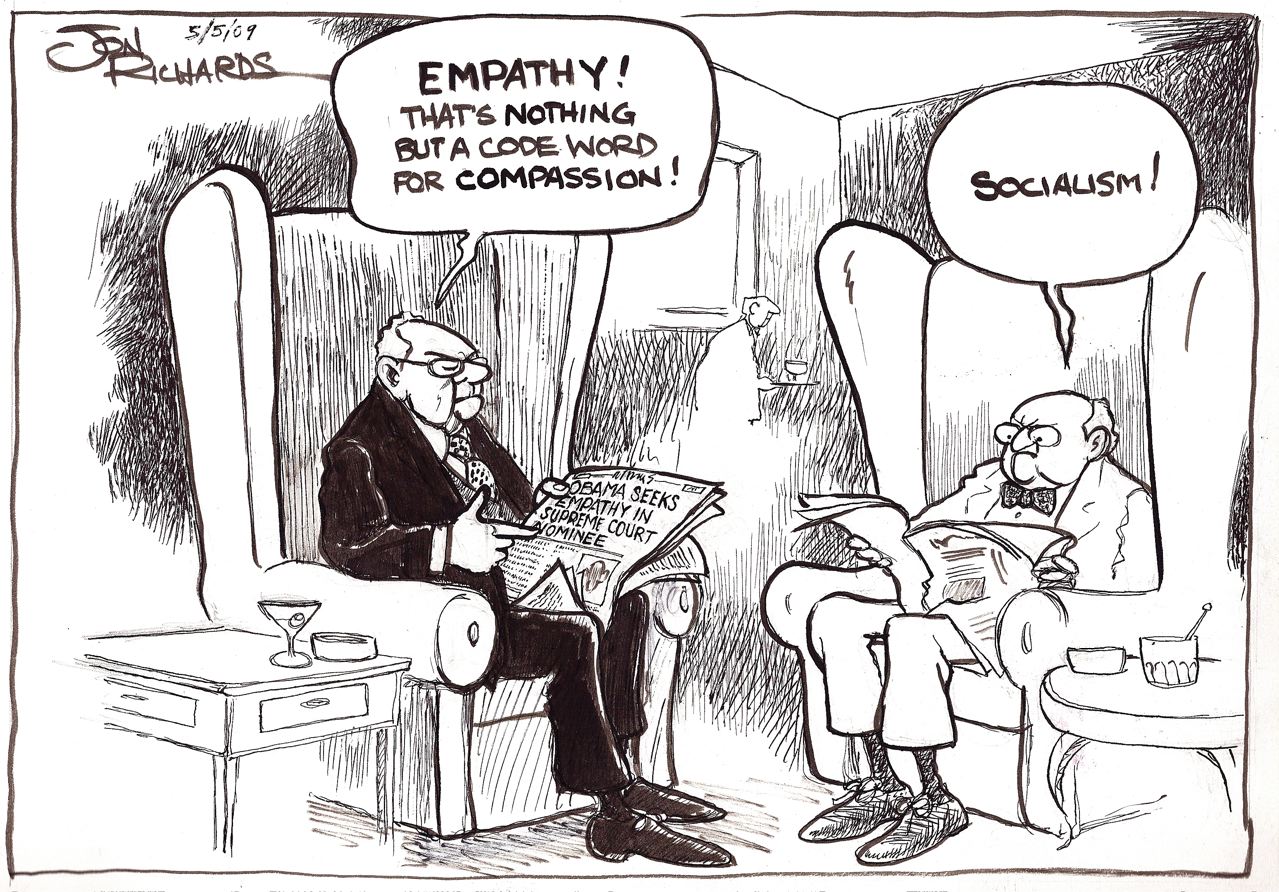Even for the academically inclined, the value of college in this economic climate is increasingly subject to question. "Is Going to an Elite College Worth The Cost?," asked New York Times reporter Jacques Steinberg in December. He surveyed economic studies, perused labor reports, and interviewed economists and sociologists to ascertain whether there's really a significant payoff for choosing a swanky private college over someplace less glamorous. The answer? Inconclusive. Parents, of course, obsess over the Ivy League admissions game, carefully studying up on how to give their kids an edge. And U.S. News & World Report's annual college breakdown gets as much publicity these days as the Oscar nominations. But are those students fortunate enough to gain admission really getting an education worthy of the fuss? Reports of rampant grade inflation at many of these schools throws even a straight-A transcript from a prestigious university into question. (Some colleges, including Princeton, have taken to imposing limits on how many A's instructors can award in any course, while the University of North Carolina has resorted to including median class grades on students' transcripts so as to make it more readily apparent which A's were earned in easy courses.) And a new book by Andrew Hacker and Claudia Dreifus, Higher Education?: How Colleges Are Wasting Our Money and Failing Our Kids, makes the case that students at elite colleges are being left to fend for themselves while their impressively credentialed professors take constant sabbaticals and leave the actual teaching to inexperienced assistants.
Yet despite the mounting skepticism about the value of a college degree, and in the face of the economic downturn, colleges continue to demand ever higher fees, saddling graduates with crushing debt along with their diplomas. In June of last year the Federal Reserve released new figures showing that the nation's total student loan debt now sits at about $830 billion - for the first time surpassing the nation's credit card debt. Student loan debt, it should be noted, is in many respects less forgiving than credit card debt: "These loans typically can't be discharged in bankruptcy," explains the Wall Street Journal. "They have different repayment terms, some of which have heavy consequences for borrowers who miss payments." Some commentators have even suggested that the crimp the financial downturn is putting on students' ability to get loans may in fact be doing those students a favor. In a piece titled, "Huge Debt Incurred for College Tuition Just Doesn't Make the Grade," syndicated financial columnist Michelle Singletary writes, "I'll be honest. I think if college students and their parents have a harder time getting loans, that's a good thing. Perhaps now more people will stop and consider the long-term implications of taking on so much of this so-called good debt."




